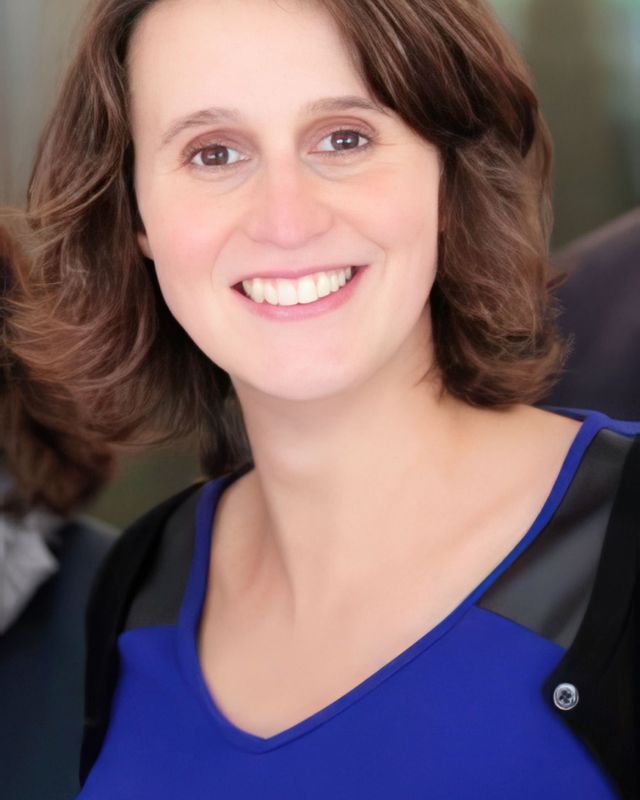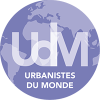Portrait
François-Xavier Salmon - STU 2007 / INET 2010 - Technical Advisor to the General Director of Services of the Nord-Pas-de-Calais Regional Council
Published on | Alumni Portraits
During the trip to Lille in 2011, the students engaged in a morning "speed networking" session. We came across one of the portraits created!
“It was through my studies that I discovered I truly wanted to work in the public sector, serving the common good.”
I began my studies at business school, at ESSEC, where I followed the "Urban Economics" programme. The specialisation starts from the second year and combines management with knowledge of local development and service companies for local authorities. Throughout my studies and internships, I realised that what I really wanted to do was to work in a local authority. I entered Sciences Po with this aim in mind. I hesitated between the Sciences Po Urbanism and STU programmes, and I felt that STU better matched my expectations.
I completed my final internship at the City Hall of Paris, working on their Agenda 21 project. My collective project was already for the City Hall of Paris: a study on the economic and commercial impact of the south Maréchaux tramway.
After graduating from STU, I pursued the administrative competitive exam preparation at Sciences Po. Having succeeded and joined the INET (National Institute of Territorial Studies) as a territorial administrator, I underwent 18 months of training, with some courses shared with the ENA. In our cohort, there were roughly equal numbers of external and internal candidates. The distinction between an administrator and a territorial attaché lies both in the difficulty of the exam (more tests, fewer places for the administrator exam) and in the position one secures afterwards: the role of a territorial attaché is also a high-responsibility position but typically focuses on a more specific subject. However, it is possible to advance internally afterwards...
Are we well prepared for "economic development" in STU? I would say yes, but perhaps more in the sense of "territorial strategy." Because when discussing the development of territories, or even when conducting a diagnosis, this aspect is certainly taken into account as well.
Today, my mission with the DGS involves overseeing a very broad range of themes and requires significant commitment. I indeed work very closely with him, so I need to take advantage of his availability slots, either early in the morning or... late in the evening. But it is very interesting. For my upcoming missions, I would like to steer more towards cities or intermunicipalities, in order to reconnect with my more "urban" training, and certain areas of interest, such as the policies that some cities may adopt regarding education...
Élisa Lelard – STU 2006 – Associate at Open Communities Consulting
Published on 23 February 2017
Élisa is a product of the consulting world, where she has spent her entire career. However, her journey is anything but monotonous: oscillating between niche…
Céline Terrier-Laurens - GTU 2005 - Olympic and Paralympic Project - Paris 2024: Environmental, Planning and Greater Paris Coordinator at the General Secretariat of the City of Paris
Published on 25 January 2017
Céline is a true enthusiast of urbanism, urban planning and architecture. Consistently balancing between the strategic and the operational, and having worked…
 English
English  Français
Français 




